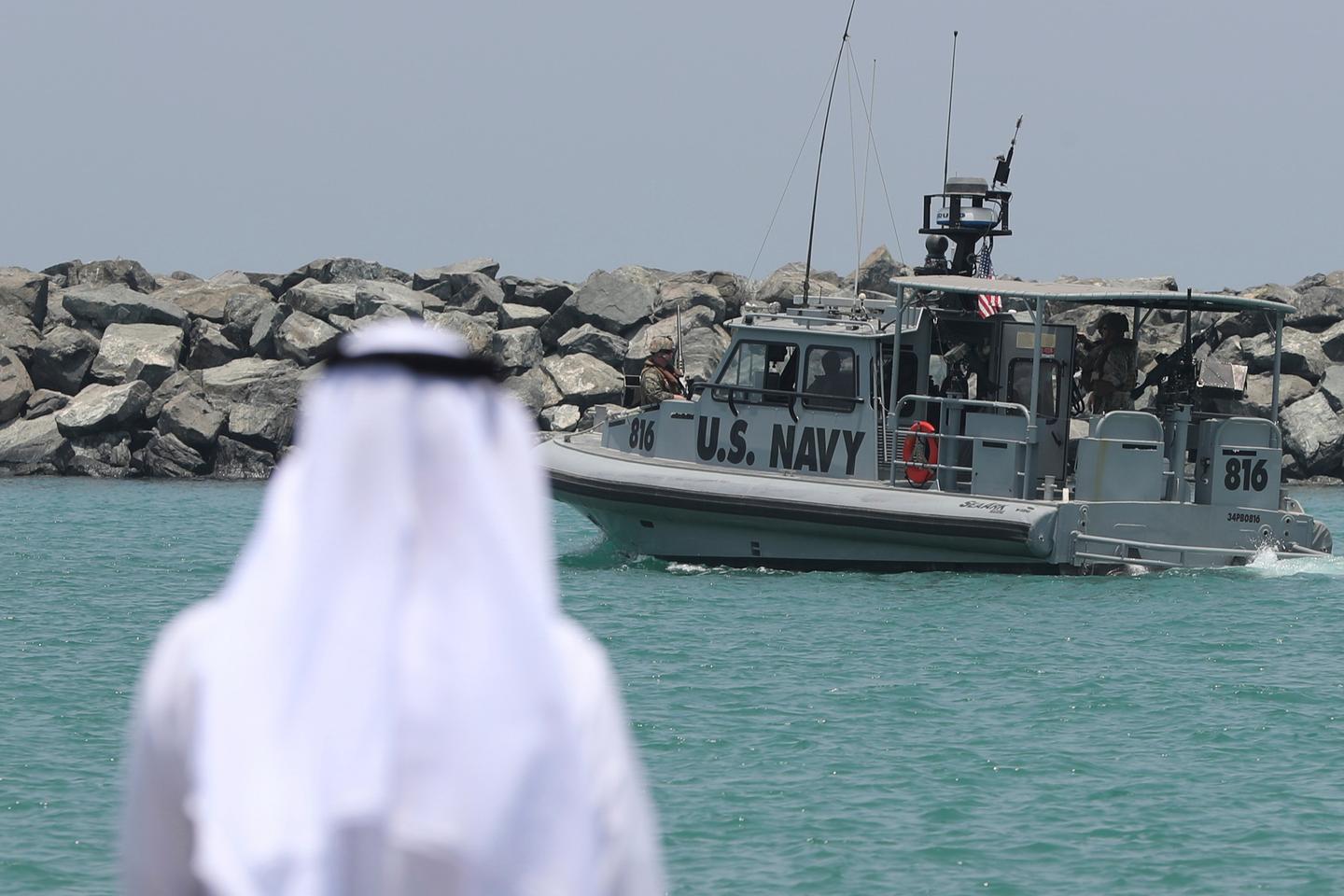


The announcement was eye-catching, but slightly misleading: On Monday, March 11, China, Russia and Iran launched joint maritime exercises in the Indian Ocean from the Gulf of Aden, with the aim of "jointly maintaining regional maritime security."
Against a backdrop of attacks in the Red Sea by Yemen's Houthi rebels, which are causing panic among merchant shipping, the move might have suggested that these powers – one of which, China, has a naval base in Djibouti – are keen to take charge of the regional order.
Not really, though. After all, these maneuvers will only last five days. And Iran is the supplier of said Houthi rebels. On closer inspection, the three countries' announcement is just evidence that the disorder is set to continue. Everyone is sending a ship of their own. The United States deployed two aircraft carriers to the region at the start of Israel's war in Gaza in response to the attack on October 7, 2023. But so far, no one has been able to dissuade the Houthis from firing their missiles.
This Middle-Eastern example reflects the state of the world in 2024: Several great powers coexist, monitoring each other, competing, clashing or cooperating depending on the stakes, but none is able to impose order any longer. "Forget talk of unipolarity or multipolarity," recently wrote the journalist Gregg Carlstrom in Foreign Affairs. "The Middle East is nonpolar. No one is in charge."
The end of pax americana
This staggering vacuum is particularly striking regarding what is still considered the world's leading power, the US. In past times, it was a major player in the Middle East. It remains present, if only through the crucial military and financial support it provides to Israel. Its aircraft carriers, of which only one remains in the Red Sea, bear witness to the hegemonic role it once played.
But this role no longer modifies the course of events; it merely limits the conflagration, at best. Benjamin Netanyahu could not wage his devastating war in Gaza without American weapons; the White House is becoming increasingly critical of the way in which he is waging this war, but without succeeding in changing his strategy.
In 2011, Barack Obama was criticized for using the expression "leading from behind" to describe the US's attitude toward the intervention in Libya, led by France and Great Britain. His detractors rightly saw this as a sign of America's retreat, later confirmed by Obama's decision to renounce his own red line on the use of chemical weapons by Bashar al-Assad in Syria. Today, the US isn't leading from behind: it isn't leading at all. The withdrawal of troops from Afghanistan in August 2021 was more than just a disastrous episode: It marked the end of pax americana.
You have 48.95% of this article left to read. The rest is for subscribers only.
